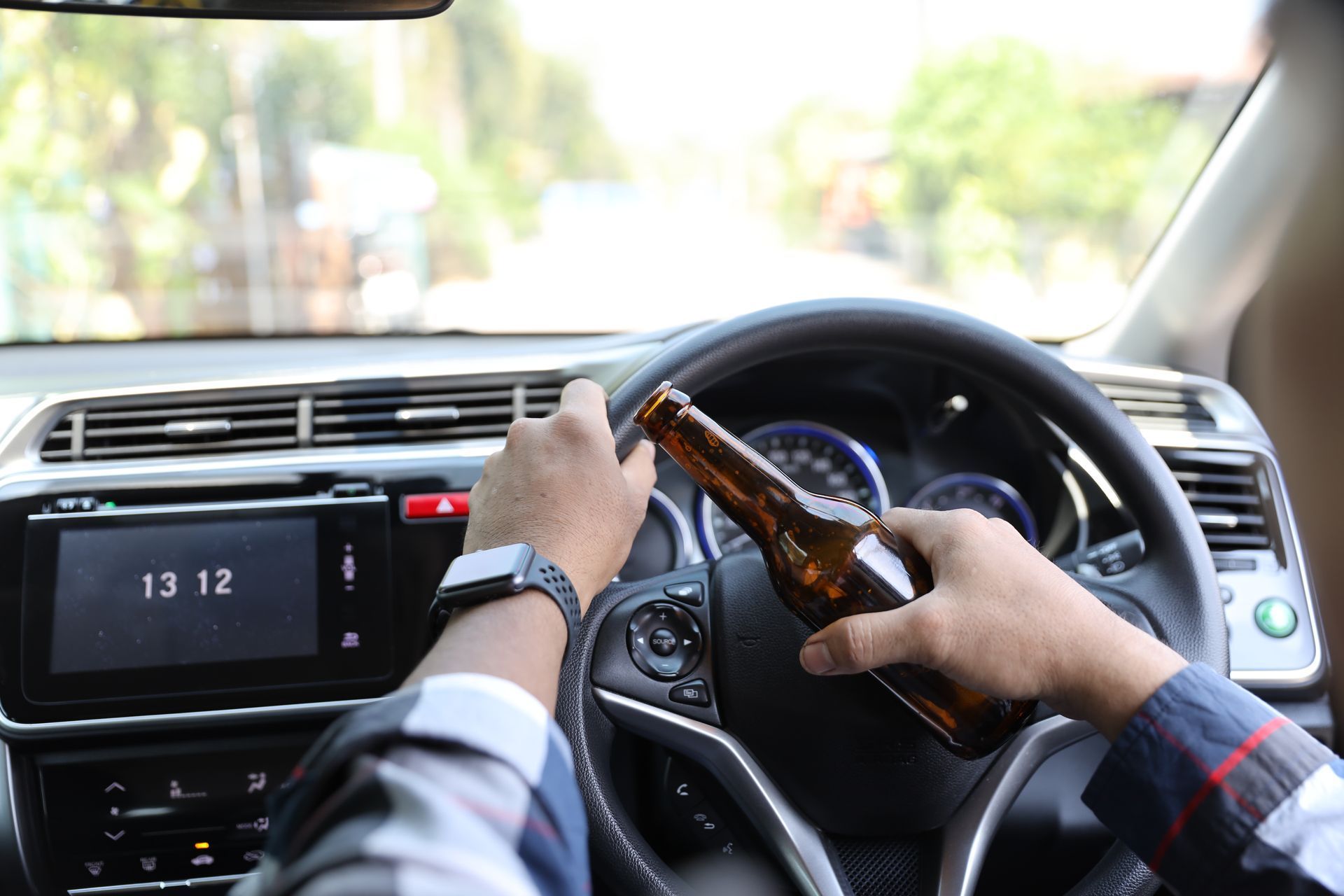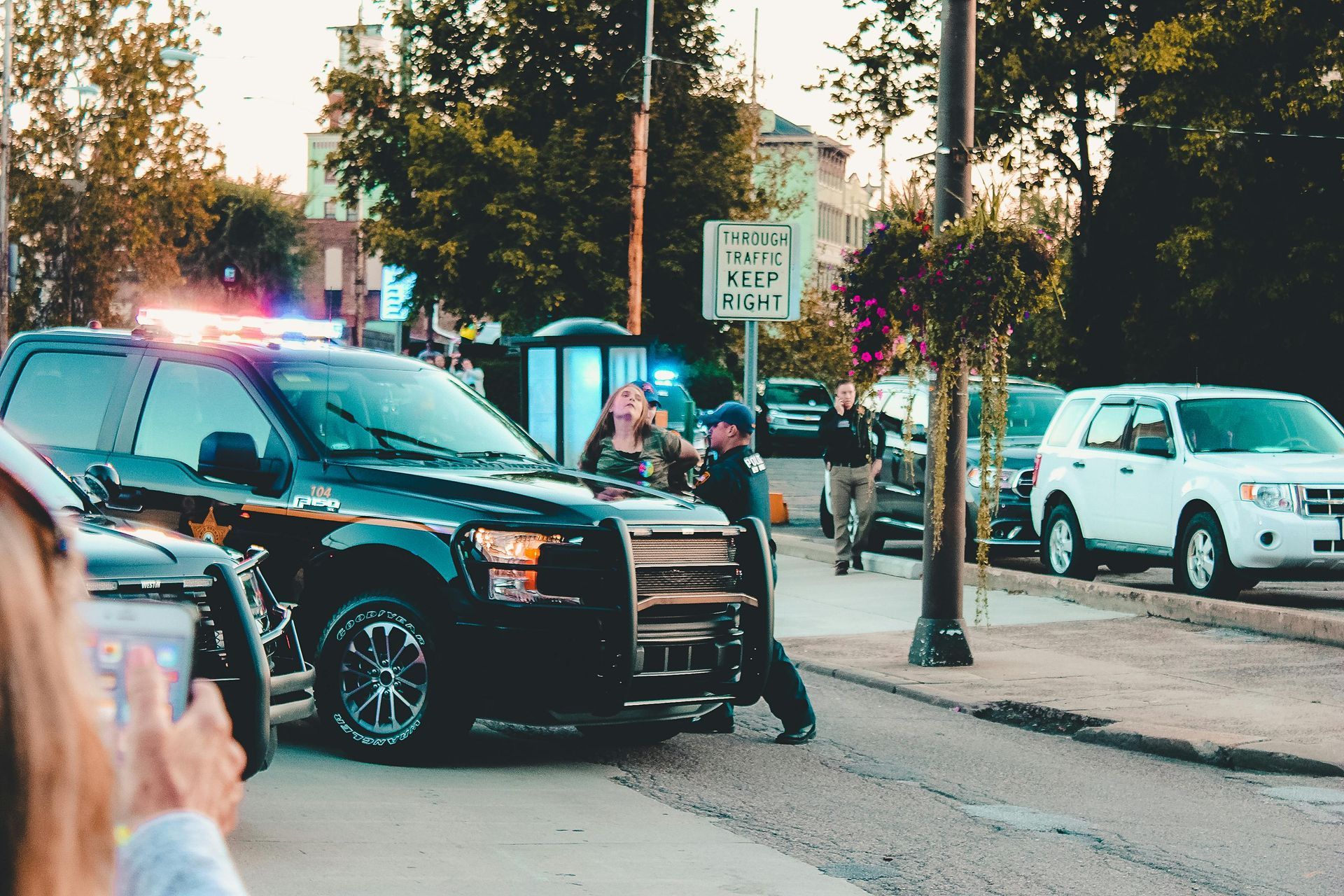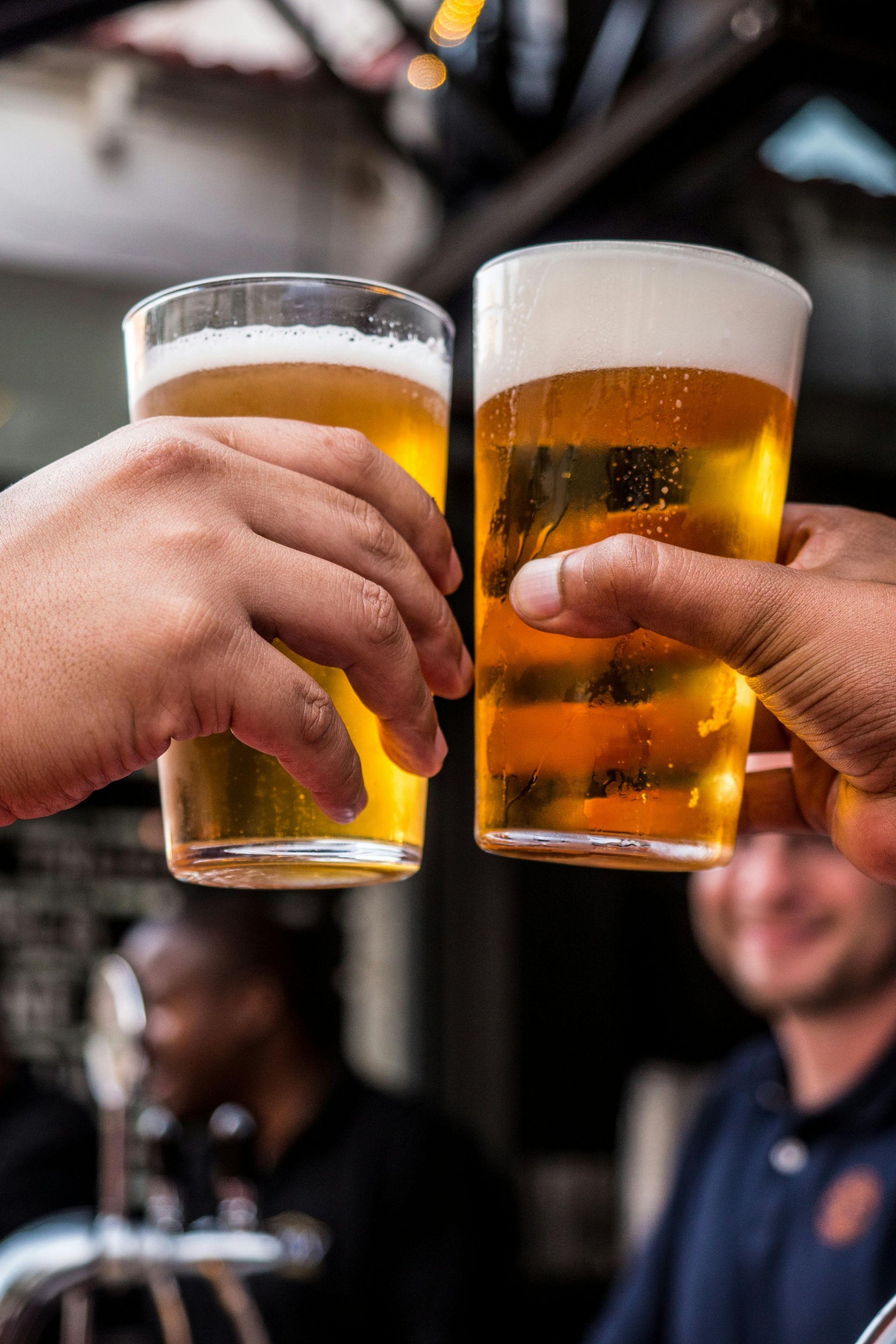Legal Ramifications of DUI with a Child in California
Driving under the influence (DUI) is a serious offense on its own, but the presence of a child in the vehicle during such an incident can drastically increase the severity of the consequences. In the state of California, as in many states, this scenario is not only viewed as a traffic infraction but also as an egregious disregard for the welfare of a child. If you are facing charges for DUI with a minor present, it's critical to understand the legal implications, which may indeed brush up against child abuse allegations, and the potential penalties that could follow.
Is a DUI with a Child Considered Child Abuse in California?
In California, driving with a child while intoxicated doesn't automatically translate to a child abuse charge. However, it can lead to additional legal complications. Under California Vehicle Code Section 23572, if you're convicted of a DUI and a child under 14 was in the car, you could face enhanced penalties specific to this situation. The enhancement serves as an additional punishment on top of standard DUI penalties and may include extra jail time.
If the circumstances are grievous or if your actions resulted in harm to the child, prosecutors may also choose to file separate child endangerment charges under Penal Code 273(a). Child abuse charges come into play when there's evidence suggesting willful harm or endangerment to the child's health or safety.
What Are the Possible Penalties?
The penalties for a DUI in California can be severe and may include fines, license suspension, DUI school, probation, and even jail time. When a child is in the car, penalties increase. For example, a first-time DUI offense with a minor in the vehicle might result in an additional 48 hours in jail. This increase escalates with subsequent offenses.
In cases where child endangerment charges are filed, penalties could be much more significant. A conviction could result in a long-term jail sentence, hefty fines, mandatory counseling, and loss of custodial rights.
What if the Child Was Injured or Killed?
If the worst happens and a child is injured or killed as a result of a DUI incident, the criminal charges become even more severe, potentially including felony DUI charges, vehicular manslaughter, or even murder in some cases (known as "Watson murder"). These charges carry long prison sentences and substantial fines.
The consequences of a fatal accident are unavoidably life-changing. It's not just about the legal repercussions; there's also an enormous emotional and psychological toll to consider. The law is unambiguous in these cases, severely penalizing drivers for their roles in such tragic outcomes.
How Can an Attorney Help?
Navigating the aftermath of a DUI charge, especially one that involved a child, is complex and emotionally taxing. A qualified DUI attorney can provide guidance on the best path forward. They can help in several ways:
- Assessing the Case: An attorney can evaluate the specifics of the incident to build a defense strategy.
- Reducing Charges: They might negotiate to have the charges reduced, especially if it's a first-time offense or if there are mitigating circumstances.
- Legal Representation: Representing you in court and ensuring your rights are protected throughout the legal process.
- Exploring Alternatives: Sometimes, alternatives to jail, such as rehabilitation programs, might be an option. An attorney can negotiate these alternatives on your behalf.
A DUI charge with a child in the vehicle is a grave matter in California. It can result in enhanced penalties and, in some scenarios, additional child endangerment charges. The situation is even more dire if the child is injured or killed. If you find yourself in this unfortunate position, seeking the assistance of an experienced DUI attorney is paramount. They can offer you the legal counsel needed to face these charges and can work to mitigate the impact on your life and that of the child involved.
Remember, DUIs are preventable. Always choose to drive sober or arrange alternative transportation if you've been drinking. The well-being of yourself, your passengers, and others on the road must be a priority.










